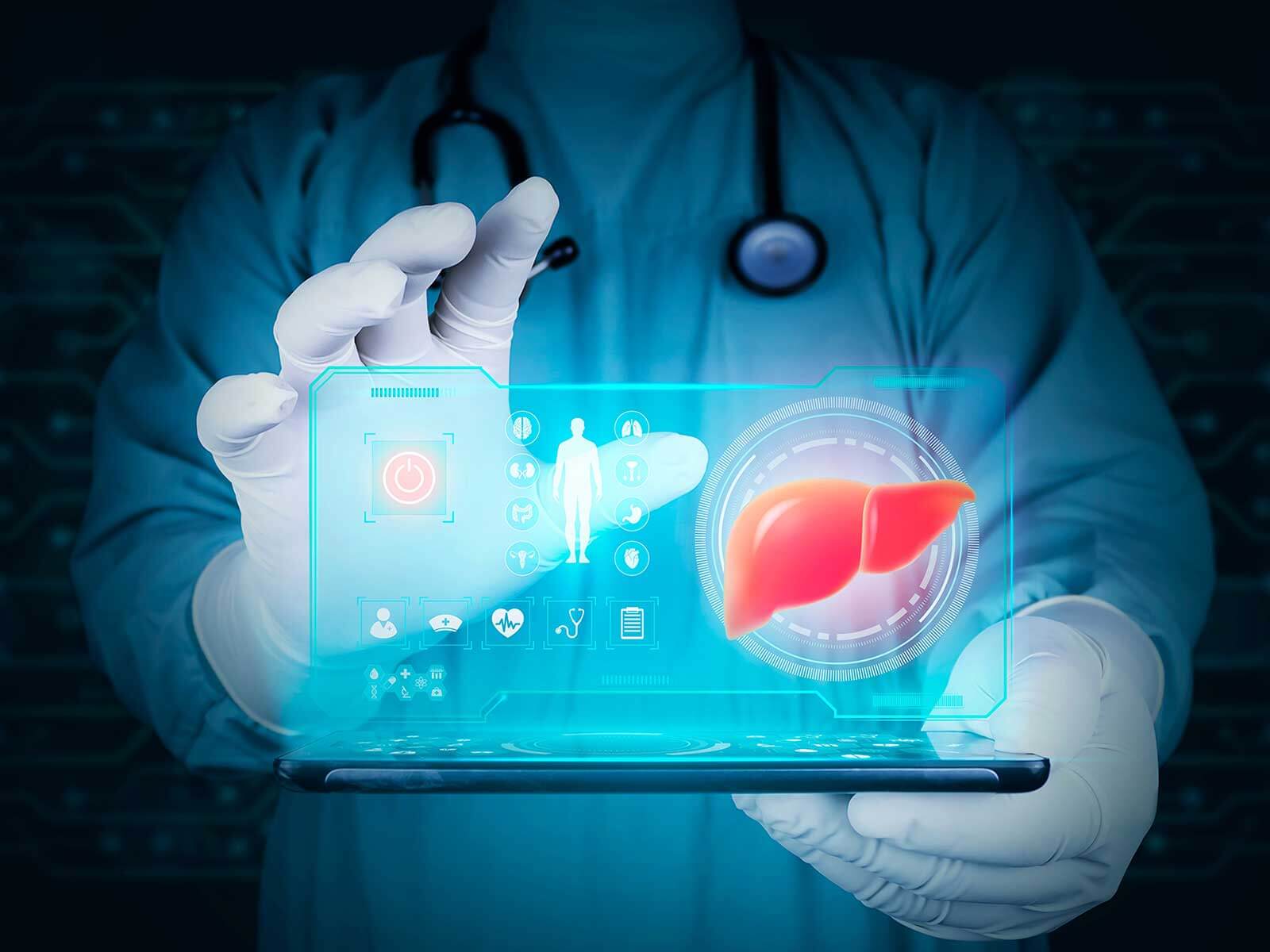
Hepatic fibrosis is the buildup of scar tissue in the liver caused by repeated or long-term injury. As the liver attempts to heal itself, excess collagen and scar tissue form, which can eventually impair blood flow and liver function. Early detection and management can slow or even reverse fibrosis before it progresses to cirrhosis.
In the early stages, you may not notice any symptoms. As fibrosis advances, you might experience:
Several factors can injure the liver over time and lead to fibrosis:
At GastroDoxs in Cypress, we combine cutting-edge diagnostics with compassionate, personalized care to effectively manage hepatic fibrosis and support your long-term liver wellness. Our team will partner with you on a tailored plan-incorporating lifestyle recommendations, advanced testing, and targeted treatments-to help you feel your best. Call us today at 832-632-4070 or visit our website to schedule your appointment and begin your journey to a healthier liver.
We've successfully treated more than 2.7K patients, helping individuals improve their digestive health and overall well-being through expert, personalized care.
With over 20 years of experience, GastroDoxs has been a trusted provider of gastroenterology care, focusing on delivering the best outcomes for patients
Yes. Gentle activities like walking or stretching can improve blood flow to the liver, support healthy metabolism, and may slow the progression of scar tissue.
Chronic injury from hepatitis B or C infections, excessive alcohol use, obesity-related fatty liver, autoimmune liver disorders, toxins, or long-term medication use can all lead to liver fibrosis.
Treatment varies by cause and may include antiviral drugs for hepatitis, anti-inflammatory agents, or cholesterol-lowering medications (statins) for fatty liver disease.
A fibrosis score quantifies the amount of scar tissue in the liver by using blood markers or imaging studies; higher scores indicate more advanced fibrosis and guide treatment plans.
Fatty liver (steatosis) refers to fat accumulation inside liver cells, whereas fibrosis involves replacement of healthy liver tissue with stiff, fibrous scar tissue.
Yes. "Fibrosis" describes the process of scar tissue formation in the liver that results from ongoing or repeated injury to liver cells.
Adopt a balanced diet rich in fruits, vegetables, and lean proteins; exercise regularly; maintain a healthy weight; and avoid alcohol to help protect your liver.
Consult a specialist if you have persistent fatigue, abdominal discomfort, abnormal liver tests, known hepatitis infection, or regular alcohol consumption.
GastroDoxs in Cypress offers expert liver care, personalized treatment plans, and ongoing support for patients with hepatic fibrosis and other liver conditions.
Most patients benefit from liver monitoring every 6-12 months using blood tests or imaging to track fibrosis progression and adjust treatment as needed.